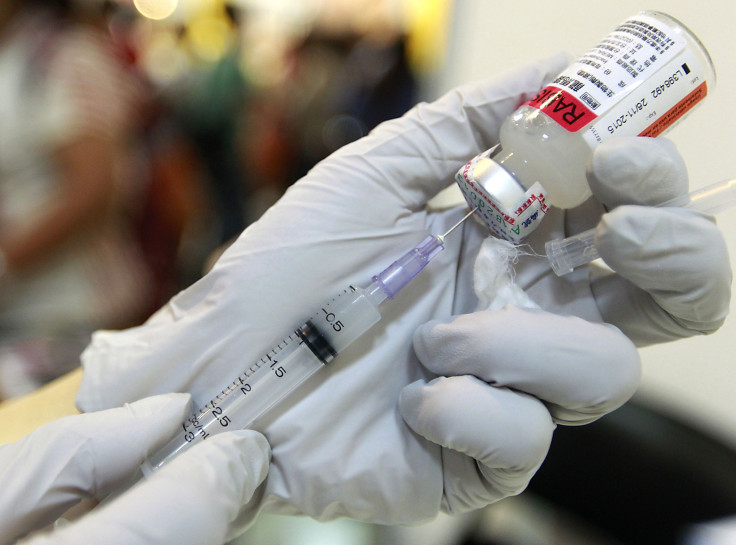Rabies Causes 160 Preventable Deaths A Day: Study

A new study on canine rabies found that the affliction claims 160 lives around the world every day, in the first report of its kind to evaluate the disease’s global impact.
The study, published Thursday in the Public Library of Science, found that the economic toll imposed by rabies is about $8.6 billion a year, mostly due to premature deaths, but also because of spending on vaccines, lost income for bite victims and other costs. About 59,000 people die annually from rabies transmitted from dog bites, and the report found that the disease hits poorer countries the hardest. The authors also said that the findings underscore the need to promote the immunization of dogs, especially in low-income countries.
Dr. Katie Hampson of the University of Glasgow, the study’s lead author, said the study is the first to estimate the cost of canine rabies and the extent to which countries around the world have tried to control it. "The breadth of data used in this study, from surveillance reports to epidemiological study data to global vaccine sales figures, is far greater than ever analyzed before, allowing this more detailed output," she said, according to Medical XPress.
The report drew particular attention to the sub-Saharan African region, which has the highest death rate from rabies, and to India, which has the highest overall fatalities with over 20,000 human deaths a year. The vaccination of dogs is far below the levels necessary to control the disease in almost all African and Asian countries, according to the study.
“This study demonstrates that investment in dog vaccination, the single most effective way of reducing the disease burden, has been inadequate and that the availability and affordability of PEP (post-exposure prophylaxis) needs improving,” the report said.
Rabies is almost always fatal if left untreated, but it is close to 100 percent preventable as well, and the report recommended dog vaccination as the most cost-effective way of reducing the disease’s toll on the world, as a way of supplementing increased access to human vaccines. The report pointed out that Western nations, which have invested the most in dog vaccination, have seen rabies-related deaths disappear almost completely.
"This ground-breaking study is an essential step towards improved control and eventual elimination of rabies," Louis Nel, executive director of the Global Alliance for Rabies Control, said, according to Medical XPress. "An understanding of the actual burden helps us determine and advocate for the resources needed to tackle this fatal disease."
© Copyright IBTimes 2024. All rights reserved.











